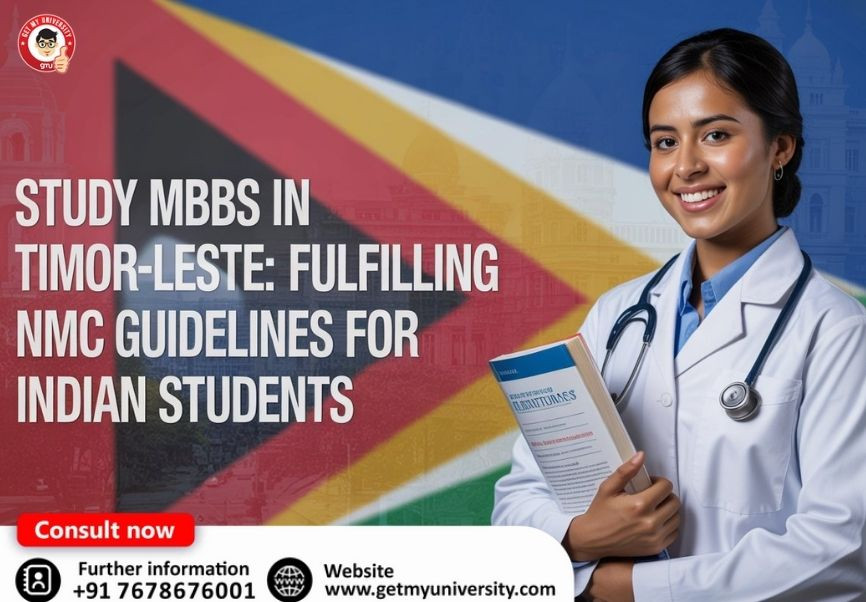Introduction
Ayurveda, India’s ancient system of healing, is steadily making its way back into the spotlight, especially as more people are turning toward natural and holistic ways to stay healthy. As a result, the Bachelor of Ayurvedic Medicine and Surgery (BAMS) degree has become an increasingly popular path for students who are passionate about combining traditional knowledge with modern healthcare practices.
But one question often come to the minds of aspiring students and their families: "How much does a BAMS doctor actually earn?"
This blog explores the earnings of BAMS doctors in detail. We’ll explore what affects their income, the kinds of job roles they can take up, how their pay compares to other medical professionals, and share some practical tips to help boost their earnings over time.
Understanding BAMS: A Brief Overview
BAMS is a bachelor's degree program that blends the wisdom of Ayurveda with the principles of modern medicine. The program lasts for 5.5 years, including a one-year compulsory internship. After completing it, graduates are officially recognized as doctors and can legally practice Ayurvedic medicine in India.
Factors Influencing the Salary of a BAMS Doctor
Like many other careers, a BAMS doctor's income can vary widely. It's not a fixed number—it depends on several personal and professional factors that shape their journey and influence how much they earn. Here are some key things that can affect a BAMS doctor's salary:
- Location: Salaries differ from urban to rural areas. Doctors in metropolitan cities like Mumbai, Delhi, and Bangalore often earn more due to higher demand and cost of living.
- Experience: Just like in any other profession, experience plays a crucial role. Freshers usually earn less, while experienced professionals can command higher pay.
- Employment Type: Whether a BAMS doctor is working in a government hospital, private clinic, running their own practice, or employed in an Ayurvedic resort or wellness centre affects their income.
- Specialization and Further Studies: Pursuing post-graduation (MD in Ayurveda) or certifications in Panchakarma, Ayurvedic pharmacology, or cosmetology can lead to higher pay.
- Reputation and Clients: Established practitioners with loyal clients and a good reputation often earn significantly more through word-of-mouth referrals.
- International Opportunities: BAMS doctors who move abroad (with appropriate certifications) to countries like Germany, UAE, or Sri Lanka, often earn much higher salaries.
Average Salary Ranges
When it comes to earnings, BAMS doctors can see a wide range of salaries that tend to grow as they gain experience, choose a specialization, and work in different settings. Let’s break down how their income usually progresses over time:
- Fresh Graduates (0-2 years experience):
- Government Hospitals: INR 15,000 - INR 25,000 per month
- Private Clinics: ?20,000 - INR 30,000 per month
- Ayurvedic Centres/Resorts: INR 25,000 - INR 40,000 per month
- Mid-Level Experience (2-5 years):
- Government sector: INR 30,000 - INR 45,000 per month
- Private sector: INR 40,000 - INR 60,000 per month
- Own Practice: Earnings vary significantly (INR 50,000 to INR 1 lakh per month)
- Senior-Level (5+ years):
- Government positions (e.g., Medical Officer): INR 60,000 - INR 80,000 per month
- Private Clinics and Hospitals: INR 70,000 - INR 1,20,000 per month
- Renowned Own Practice: Can exceed INR 1.5 lakh per month depending on location and clientele
Job Opportunities for BAMS Doctors
BAMS doctors have plenty of career options to choose from, giving them the freedom to explore different roles beyond just traditional clinical practice. Here are some of the paths they can take:
- Clinical Practice: Running a private clinic or working in hospitals and healthcare centres.
- Government Jobs: Employment in government-run dispensaries, primary health centres, and Ayurvedic hospitals.
- Research and Development: Working with Ayurvedic pharmaceutical companies in product development and testing.
- Academics: Teaching positions in Ayurvedic colleges after post-graduation.
- Health and Wellness Centres: Roles in luxury wellness resorts, spas, and Panchakarma centres.
- Medical Tourism: Providing Ayurvedic treatments to international patients visiting India.
- Ayurvedic Product Business: Manufacturing or retailing herbal products and supplements.
- Writing and Consulting: Health blogging, Ayurvedic content creation, and consulting.
Comparison with MBBS and Other Medical Degrees
If you're thinking about a career in medicine, it's normal to be curious about how the salary and job opportunities for BAMS doctors stack up against those with an MBBS or other medical degrees. Here's a simple comparison to give you a clearer picture:
- MBBS Freshers: INR 30,000 - INR 50,000/month
- BAMS Freshers: INR15,000 - INR 30,000/month
- MBBS with Experience: Can go beyond INR 2 lakh/month
- BAMS with Experience and Reputation: Can reach INR 1.5 lakh/month or more
Tips to Increase Salary as a BAMS Doctor
If you're a BAMS doctor aiming to boost your income, there are some practical and effective ways to set yourself apart and grow your earnings over time. Here are a few tips that can really help you increase your salary as a BAMS professional:
- Pursue Higher Education: An MD in Ayurveda or related specializations can improve prospects.
- Develop a Niche: Specialize in areas like dermatology, gynaecology, or sports medicine in Ayurveda.
- Build a Strong Online Presence: Use social media, YouTube, and health blogs to attract patients.
- Offer Online Consultations: Tap into the telemedicine trend to increase reach and income.
- Collaborate with Wellness Brands: Partner with Ayurvedic or herbal brands for promotions and consultations.
- Attend Seminars and Workshops: Stay updated with trends and build networks.
Challenges in Salary Growth
Building a career as a BAMS doctor can be truly rewarding, but many doctors find it challenging to see steady salary growth and reach their full earning potential. Here are some of the common hurdles they often face:
- Lack of awareness and recognition in certain regions.
- Stiff competition with allopathic medicine.
- Regulatory and licensing issues, especially abroad.
- Initial capital required to start a clinic or wellness centre.
Conclusion
The salary of a BAMS doctor can vary a lot depending on things like experience, where they work, their area of expertise, and the kind of practice they have. While the starting pay might not be very high, with dedication and smart choices, a BAMS doctor can build a fulfilling and well-paid career. As Ayurveda grows in popularity around the world, the future looks bright for anyone stepping into this respected and timeless field of medicine.






.jpg-74556.jpg)









